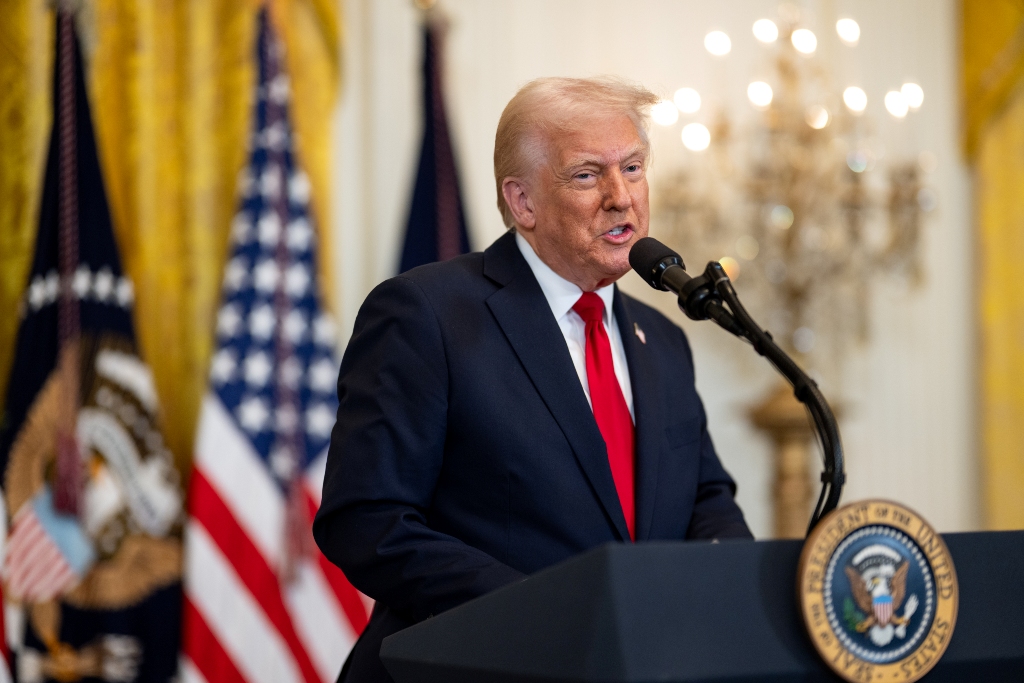On Wednesday, June 4, US President Donald Trump signed a proclamation that bars nationals from 12 countries from entering the United States. The White House said this step was taken to protect the country from foreign terrorists and other security threats.

The affected countries are Afghanistan, Myanmar, Chad, Congo, Equatorial Guinea, Eritrea, Haiti, Iran, Libya, Somalia, Sudan and Yemen.
In addition to the complete entry ban on these 12 countries, the proclamation also places partial restrictions on people from seven other countries. These countries are Burundi, Cuba, Laos, Sierra Leone, Togo, Turkmenistan and Venezuela. The travel restrictions were first reported by CBS News.
The proclamation will come into effect on June 9, 2025, at 12:01 am Eastern Daylight Time. Trump said more countries could be added to the list in the future.
He explained that the countries facing the most severe restrictions were found to have a large presence of terrorists, did not cooperate with the United States on visa security, and were unable to properly identify travellers or maintain criminal records. He also said these countries had high rates of visa overstays in the United States.
"We cannot have open migration from any country where we cannot safely and reliably vet and screen… That is why today I am signing a new executive order placing travel restrictions on countries including Yemen, Somalia, Haiti, Libya, and numerous others." –President Trump pic.twitter.com/ER7nGM4TO2
— The White House (@WhiteHouse) June 4, 2025
Somalia, which is on the list of countries facing a complete ban, responded quickly. Its ambassador to the United States said Somalia is willing to work with the US to address the issues raised in the proclamation.
This move is part of a wider immigration crackdown that Trump launched during the start of his second term. In a speech in October 2023, he said that restrictions would be placed on travellers from regions like the Gaza Strip, Libya, Somalia, Syria and Yemen.
ALSO READ: Donald Trump unveils plans to create ‘Golden Dome’ system to combat aerial threats
On January 20, Trump issued an executive order requiring stronger vetting of foreigners seeking to enter the United States. This order asked cabinet members to suggest which countries should face partial or full travel suspensions due to weak vetting and screening systems.
During his first term, Trump had introduced a travel ban on people from several majority-Muslim nations. That ban was later upheld by the US Supreme Court in 2018. However, the policy was reversed in 2021 by then-President Joe Biden, who criticised it strongly at the time.
In March this year, Reuters reported that the Trump administration was looking at travel restrictions on many more countries.


